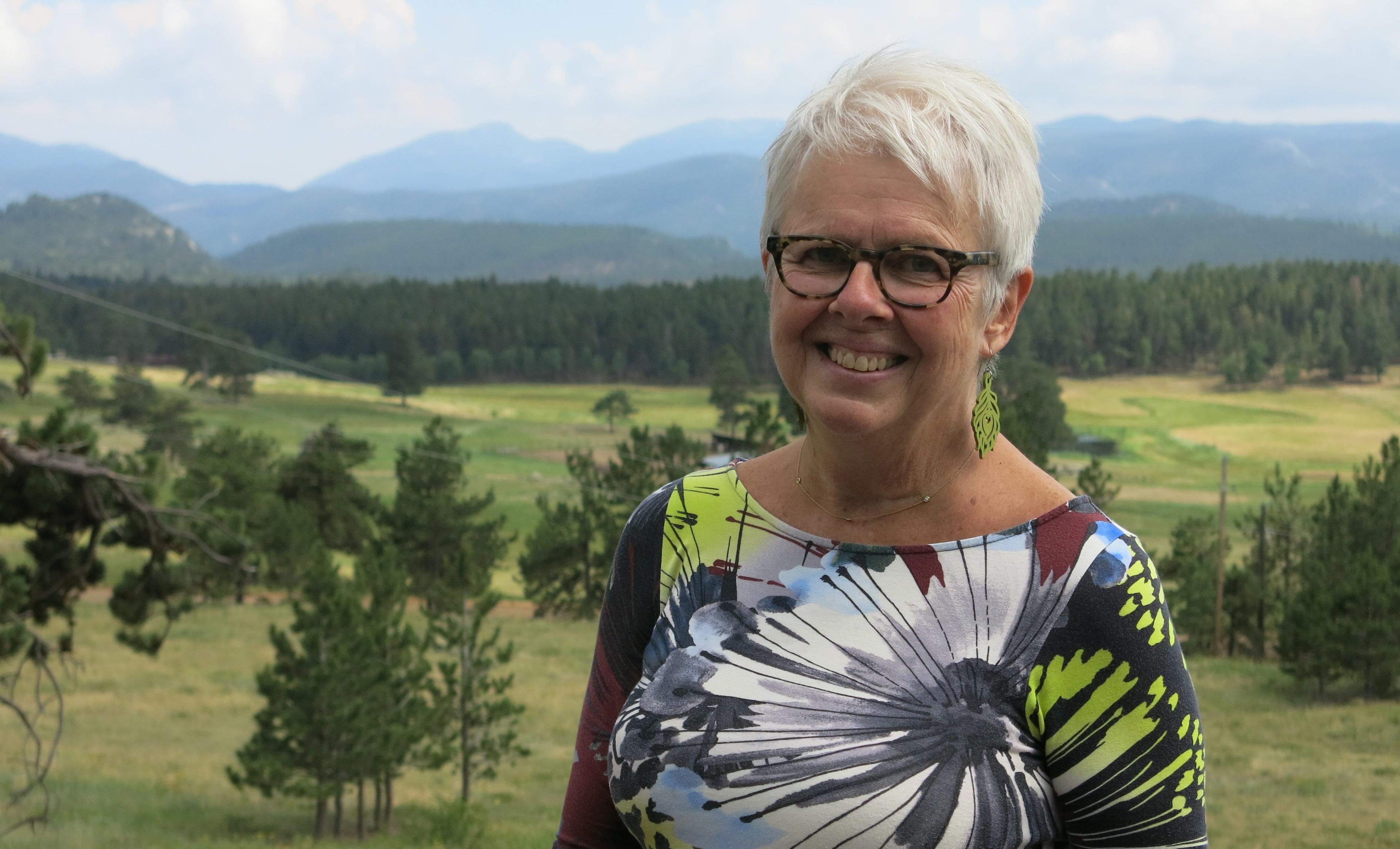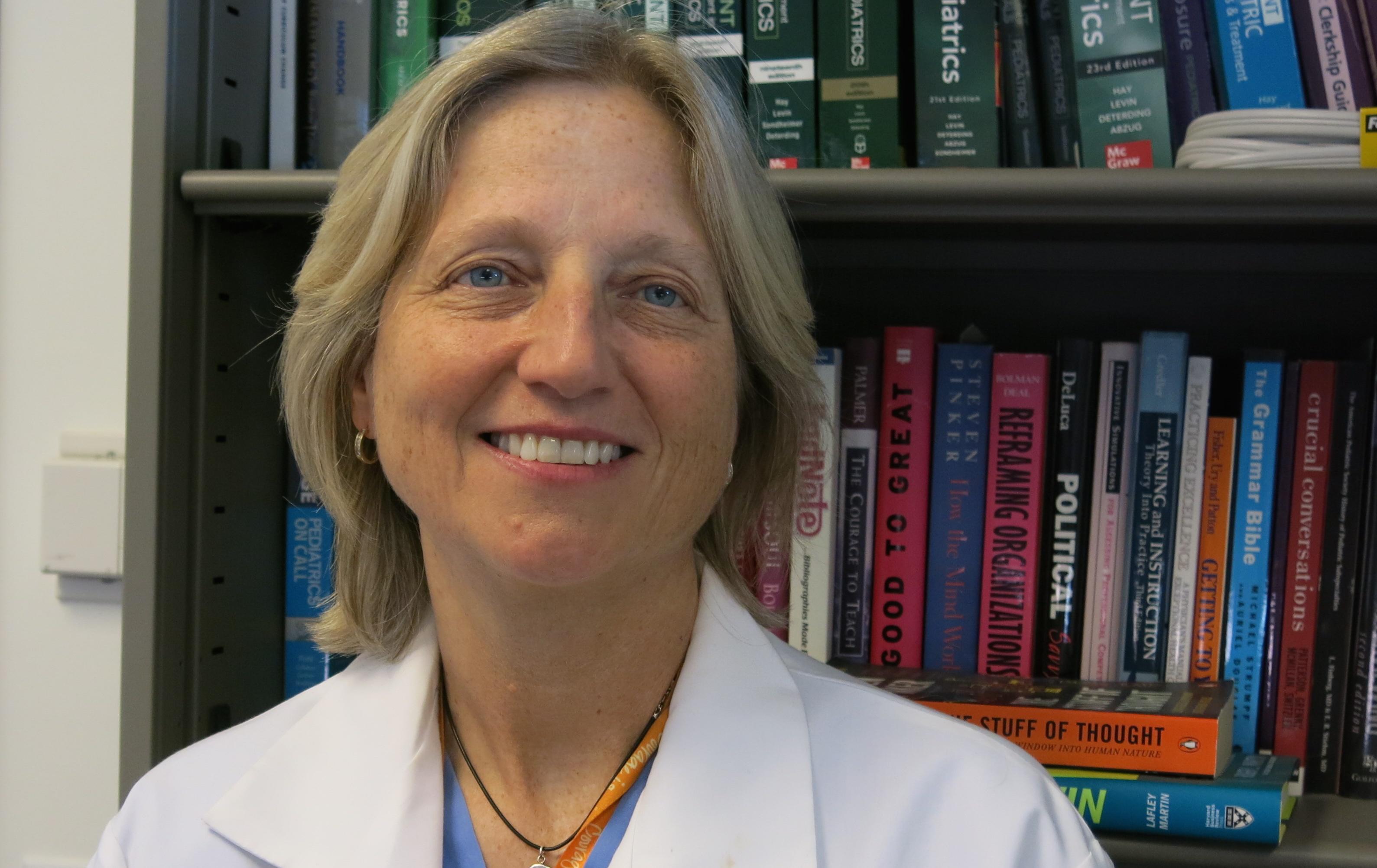
Editor's Note: This story is part of a long-term reporting project from CPR News that explores how climate change is affecting Colorado, what's being done to address those changes and more.
Global climate change is likely to worsen Colorado’s air quality, with higher temperatures, more pollution and an increase in pollen. And Denver currently ranks 8th in a list of 20 cities with the most ozone, according to the American Lung Association.
“I’m very concerned about it. Climate change affects our health in many different ways,” said James Crooks, a professor and investigator with National Jewish Health in Denver, one of the nation’s leading respiratory hospitals. “Part of the danger of climate change is not just that it makes things hotter. It’s that it makes lots of other problems worse.”
The increased heat produces more ground-level ozone, forming when emissions from cars or power plants are heated in the sun. It can lead to serious respiratory diseases and harm the lungs. Crooks says a hotter climate means more ozone, and that means more respiratory trouble for more people.
“In the future, under climate change, we expect to see a lot more extremely hot days,” Crooks said. “We can probably expect to see a lot more high ozone days as well.”
Last year the Colorado Climate Change Vulnerability Study was submitted to the Colorado Energy Office. It listed "negative air quality effects" as a major public health area of concern related to future climate change.

One study found tens of thousands more people could become ill or die prematurely from ozone if air quality policies in the U.S. don’t change. Marilyn Pinaud of Nederland found an unexpected tumor on her lung after receiving an X-ray from a skiing accident.
“I was shocked,” Pinaud said. “I was like, no way. Smokers get cancer; they’re the only people who have lung cancer. They’re the only ones.”
Pinaud needed chemo and had part of a lung removed. The shock came from the fact that she had been an athlete, a personal trainer, a cyclist and runner with no family history of lung cancer.
“I did not smoke,” she said. “I had my share of second-hand smoke, and a lot of my activities were running and cycling in traffic.”
While doctors never told her exactly what caused her cancer; she suspects air pollution played a role. Pinaud now needs an inhaler, and the recent wildfire burning near her house has been difficult for her.
“I definitely have a compromised cardiovascular system,” Pinaud said.
Dr. Robin Deterding, director of the Breathing Institute at Children’s Hospital Colorado, says another big climate-related problem comes from particles in the air that can lodge in your sinuses or deep in your lungs.

“Your lung function can actually decline with that exposure,” said Deterding. “So if you start with lower lung function because you have chronic disease, that’s really a significant problem that can impact you as a child and equally important cause lung disease when you are an adult.”
Rising global temperatures means more wildfires, resulting in an increase of smoke and dust. Deterding says a recent study found kids with respiratory problems usually become adults with compromised lungs.
“75 percent of children who have asthma will end up with lower lung function as an adult,” said Deterding.
Another effect of climate change may already be obvious to the more than 30 percent of Americans who have allergies, like hay fever. That’s because pollen season is longer, for certain plants. Ragweed is one example; with more carbon dioxide in the atmosphere, the plants flower earlier and have increased pollen levels.
These potential health impacts have groups like the American Lung Association raising the alarm. Dawn Mullally, director of air quality and transportation for the group, says some people will be hit hardest.
“The young, the elderly, people who already have compromised immune systems and health problems,” Mullally said. “And also people in lower-income areas because they tend to live in more highly polluted places.”
Health advocates say it's important to pollute less by biking, carpooling, using transit or switching to an alternative-fuel vehicles. Marilyn Pinaud says her experience has taught her a lot.
“You are vulnerable whether you know it or not,” Pinaud said, adding that everyone can do their little bit to help.







